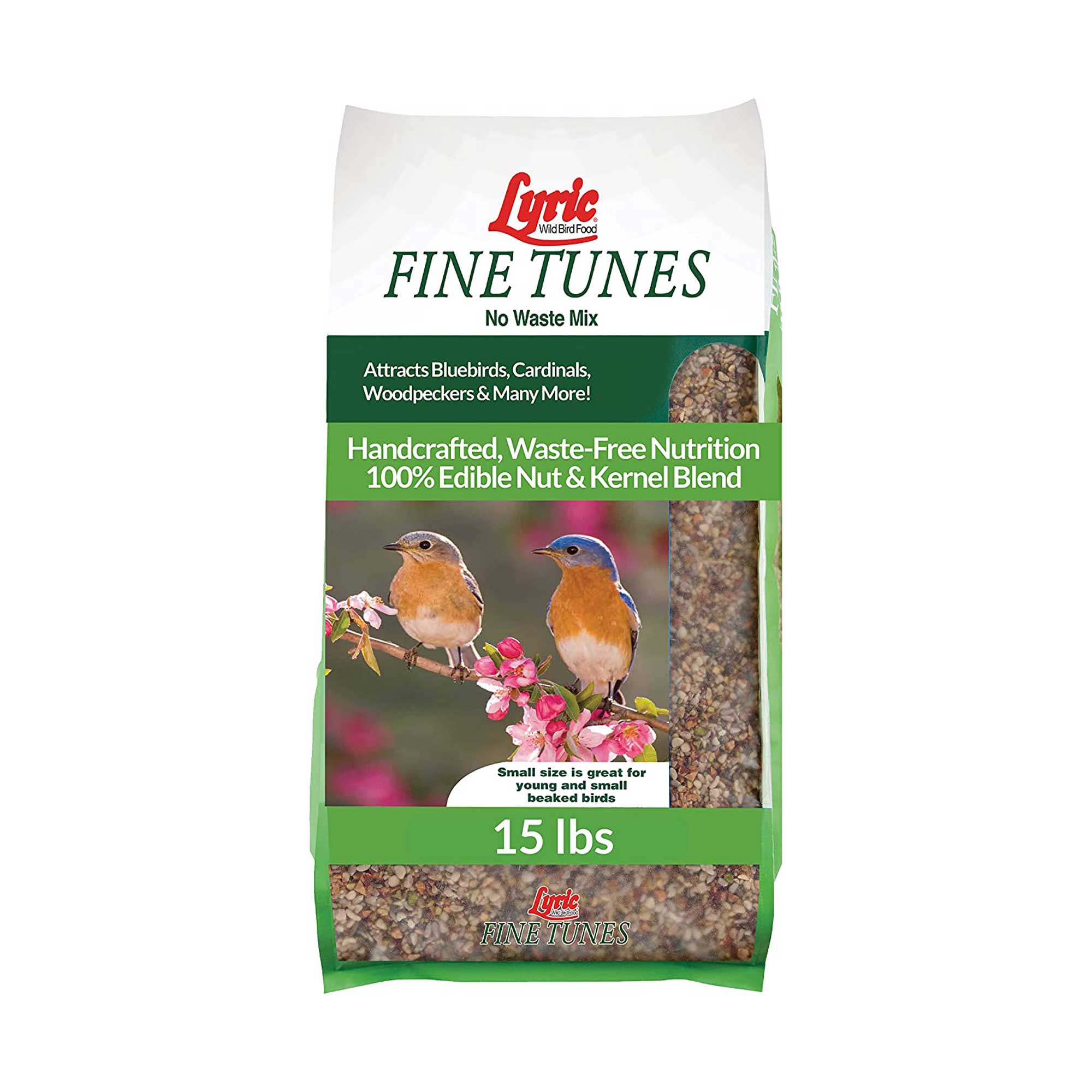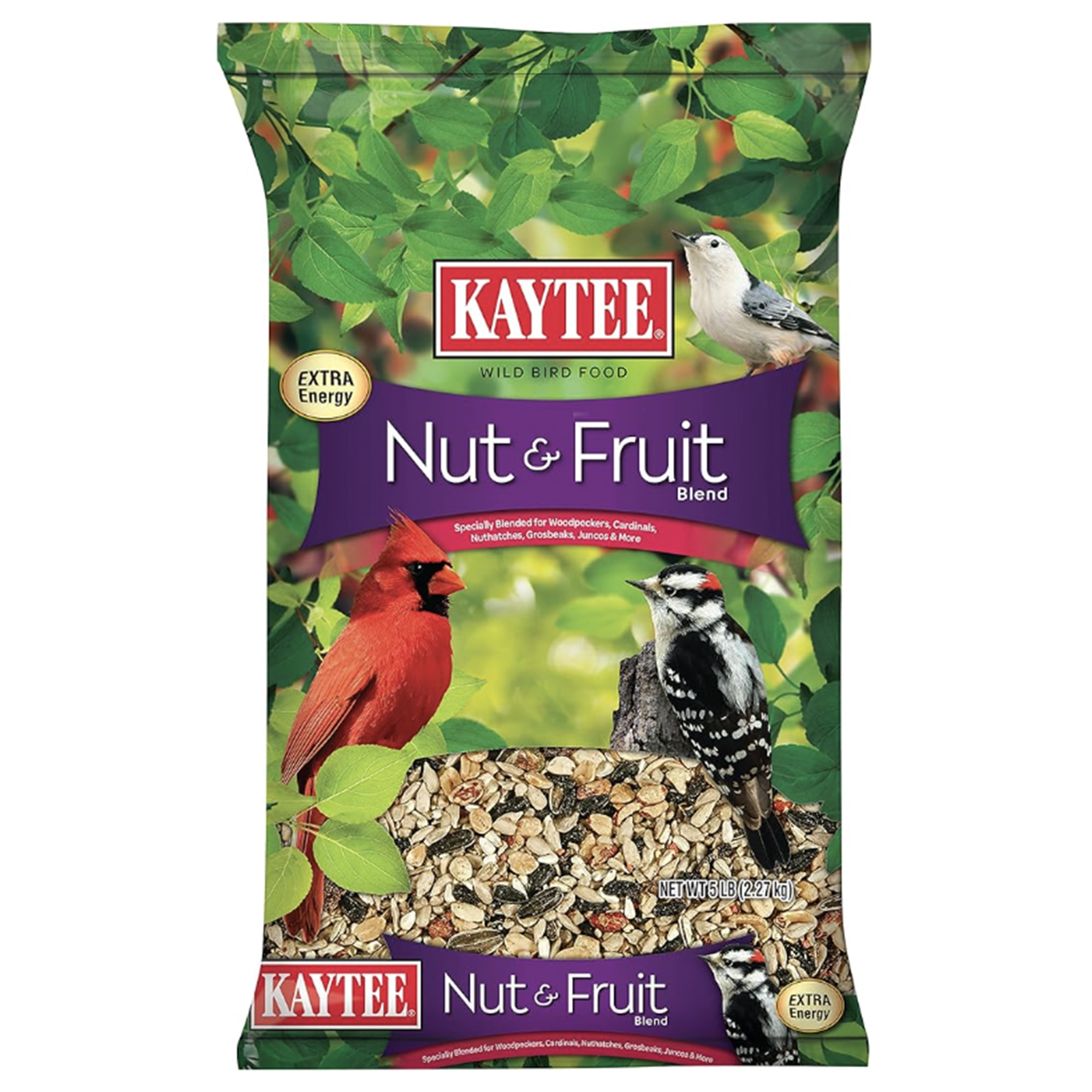What not to feed birds – 8 common foods which could cause them harm
Avoid putting these food items out for feathered friends this winter
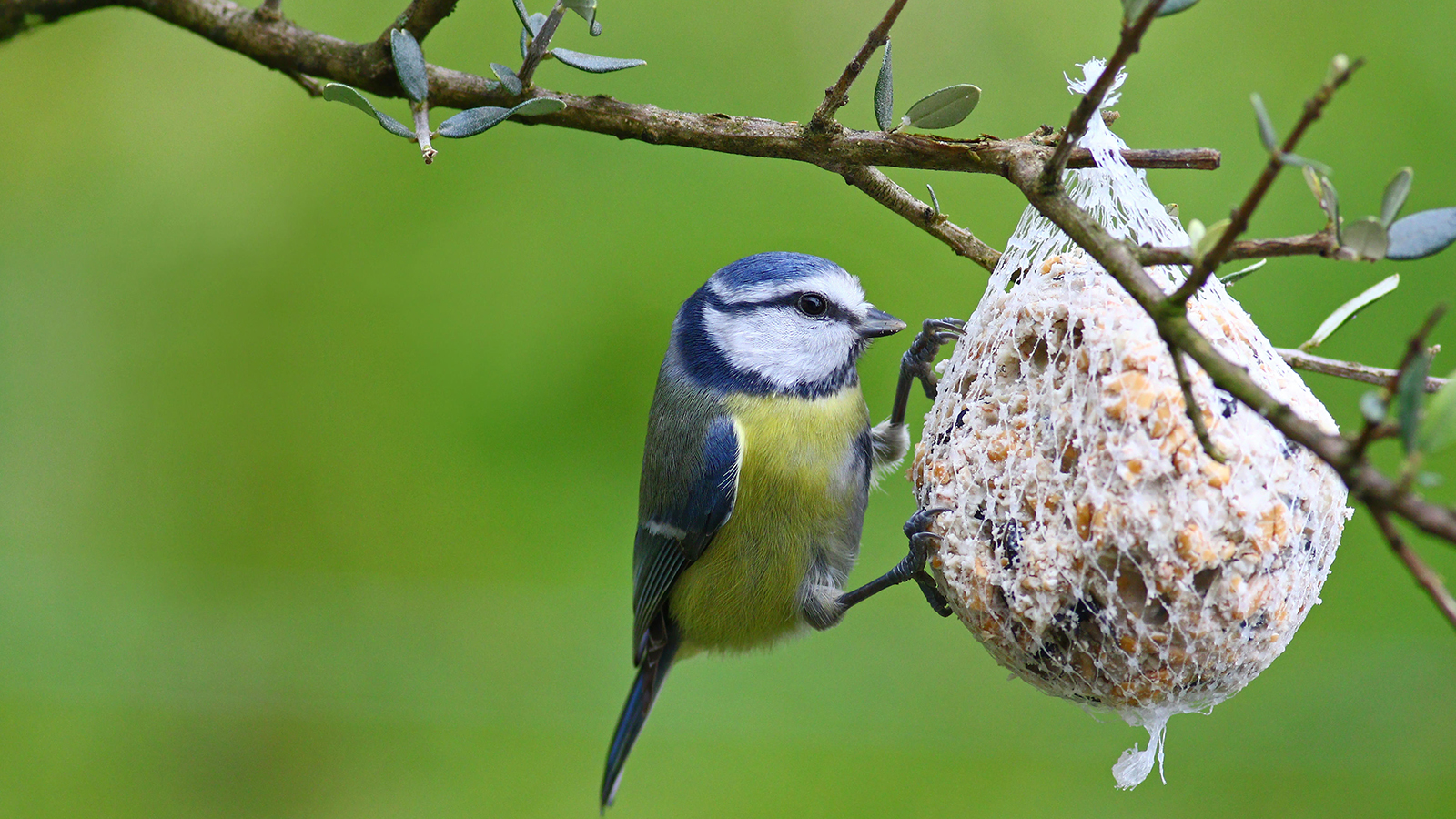

It's easy to fall into the habit of leaving out whatever food scraps we have for our backyard birds. After all, they will be in need of additional energy sources throughout the winter months. But knowing what not to feed birds is extremely important.
While there are plenty of kitchen leftovers that birds will happily eat, there are particular ingredients you should absolutely avoid. Some of the foods on this list may be unexpected, but all pose significant problems if a bird consumes them.
So, before you tip out your unfinished breakfast onto the bird table, check our list to be sure you're feeding birds in the right way.
What not to feed wild birds in your backyard
From alliums to chocolate, if you're conscious about how to help birds in winter, here are the most commonly-found foods that you should avoid feeding them.
1. Salted and dry roasted nuts
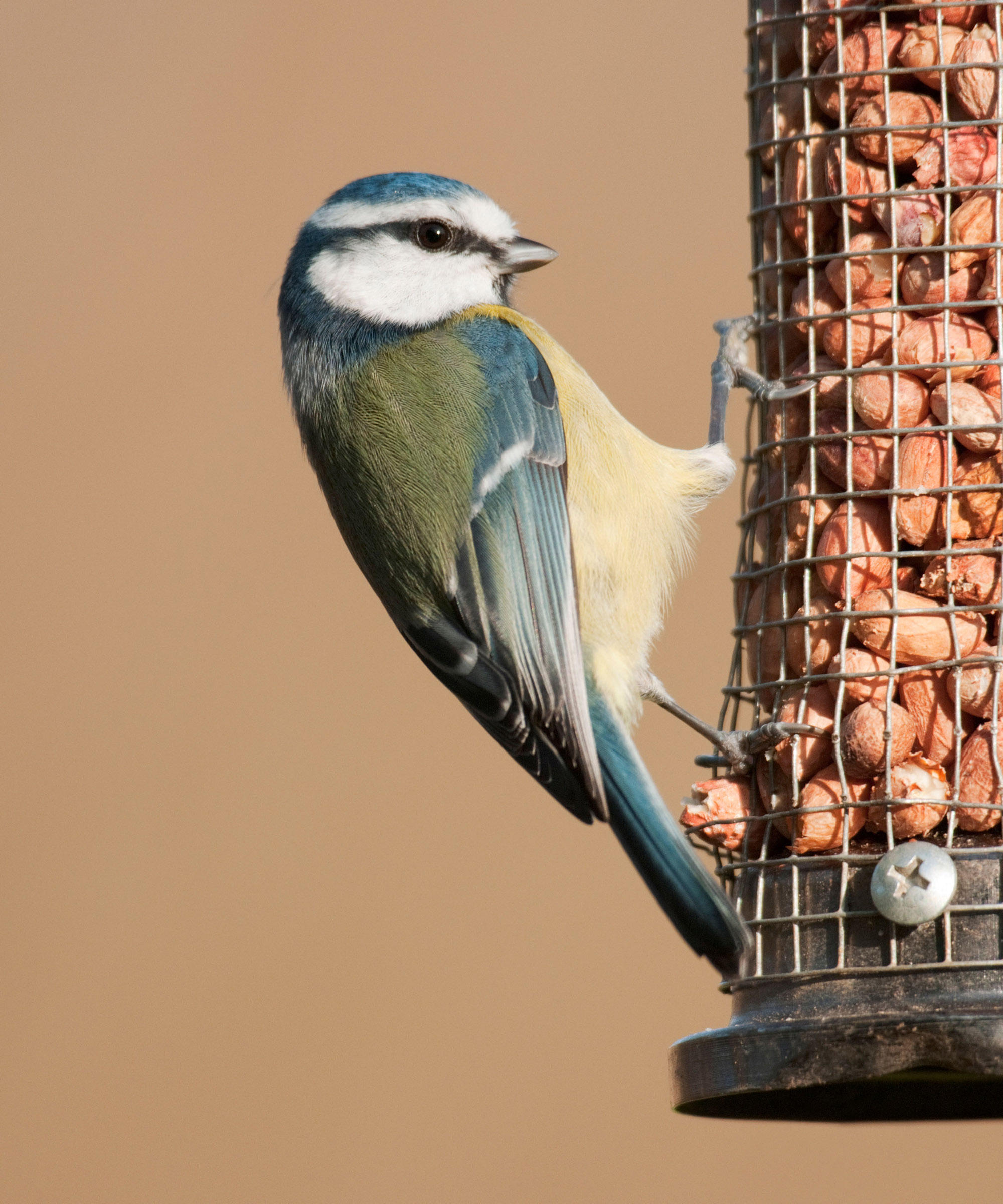
Salted nuts are near impossible for birds to metabolize
Salted food in any form is a no-no for putting out on your bird feeder even if you have a bird bath with a source of fresh drinking water.
This is because garden birds and other wildlife are unable to metabolize salt, which means even small amounts of it can be damaging to their nervous system.
This includes salted and dry roasted nuts so choose plain nuts instead. Ensure that your bird-feeder peanuts come from a reputable seller who can guarantee they are free from aflatoxin, a fungal growth that can kill birds.
Shop bird feed at Amazon
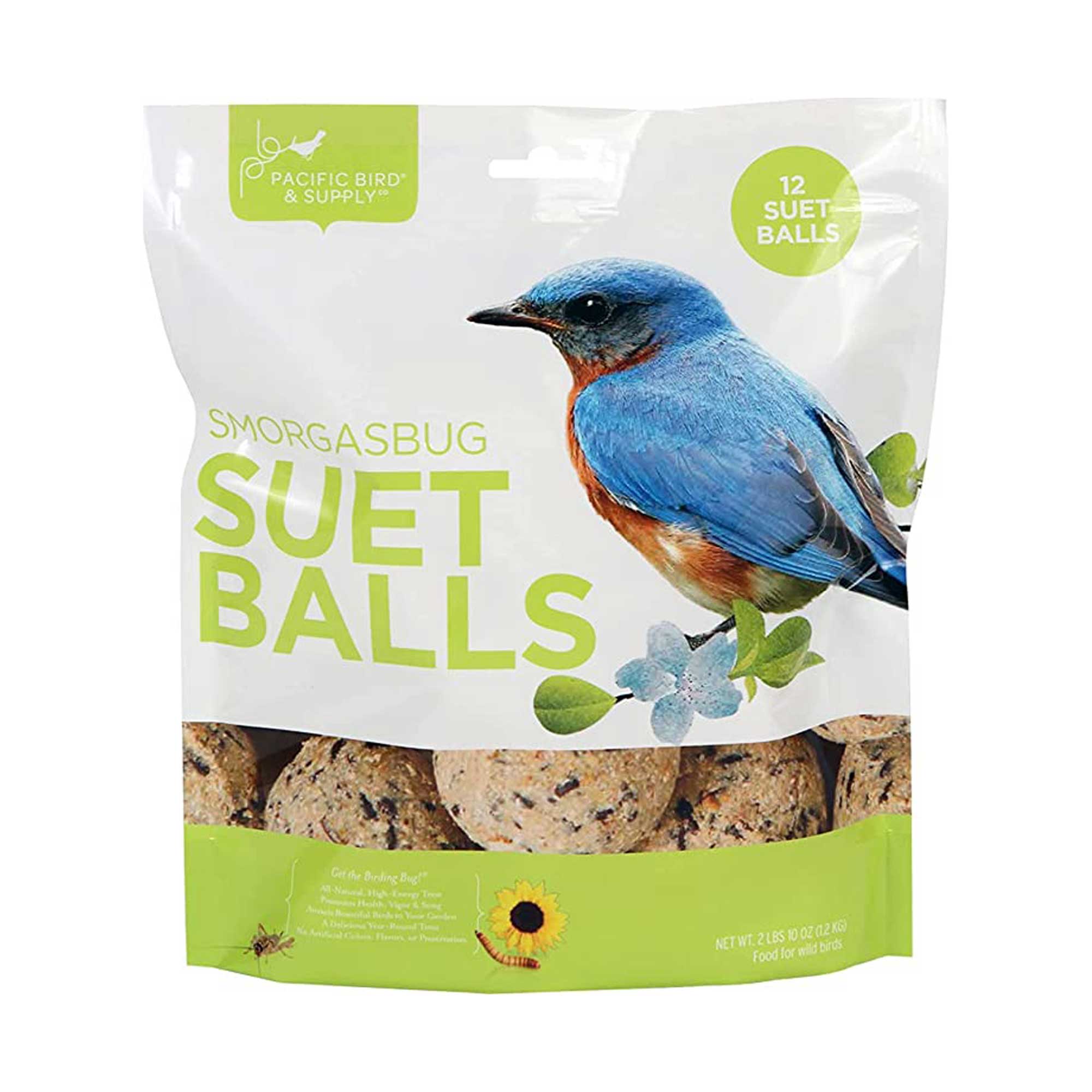
Attract woodpeckers, finches, wrens and more to your garden with these no-melt suet balls. They include real insects and no artificial colors, flavorings or preservatives, plus they come in a handy 12-pack.
2. Dairy products
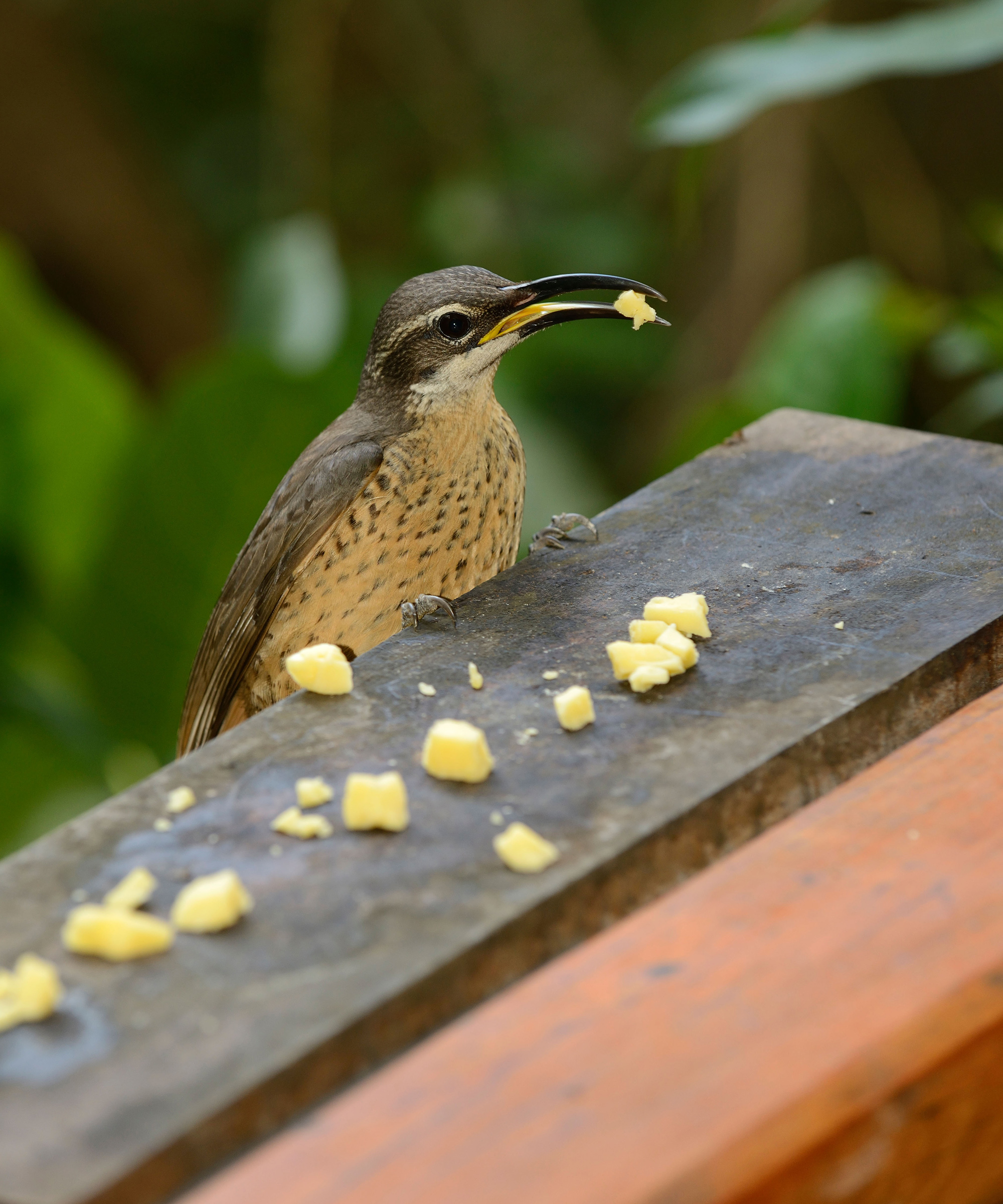
Birds don't do well with the lactose in dairy
Beware of adding dairy when you hang your bird feeder. The lactose present in many dairy products poses significant problems. A bird's gut is unable to digest the lactose as birds don't have the lactase enzyme, which means they get upset stomachs.
However, birds can digest dairy products that have been fermented, which includes mild and hard cheeses. This is because fermentation decreases the level of lactose in the food.
3. Bread
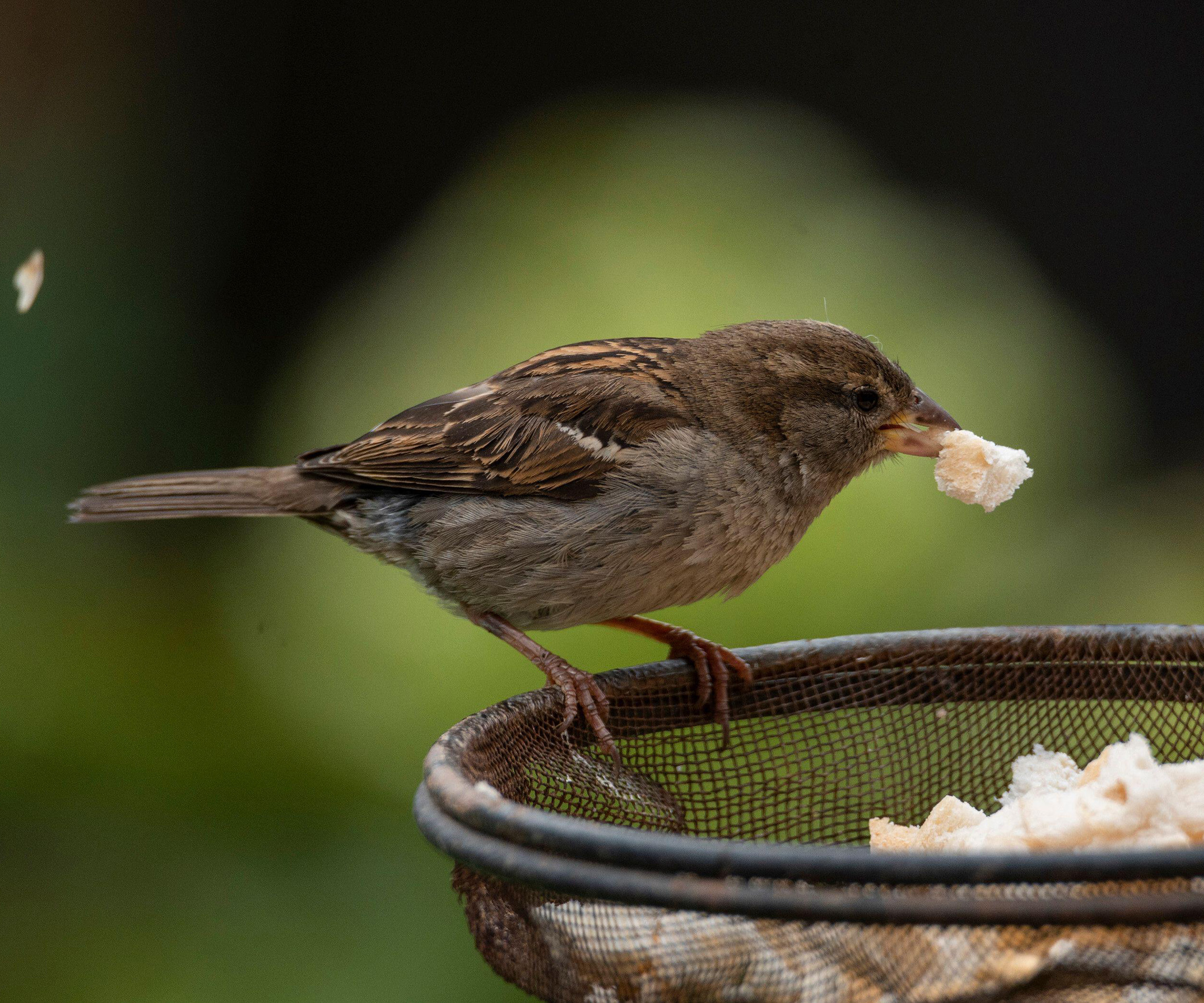
Bread is a nutrient-deficient food for birds
Bread is actually a safe enough food for birds to eat, seeing as it won't harm them – it's just that there's barely any nutritional value to it. Feeding birds with large amounts of bread fills them up without giving them the proteins and fats they need.
According to Ariana Rickard of Audubon, too much bread means that birds aren't receiving proper nutrition and this can lead to issues like 'angel wing', which stops them being able to fly.
Feeding birds moldy bread can also be harmful, so if you've been throwing your green-speckled bread heels out into the yard, it's time to reconsider. Add them to your compost heap instead.
4. Cooking fats
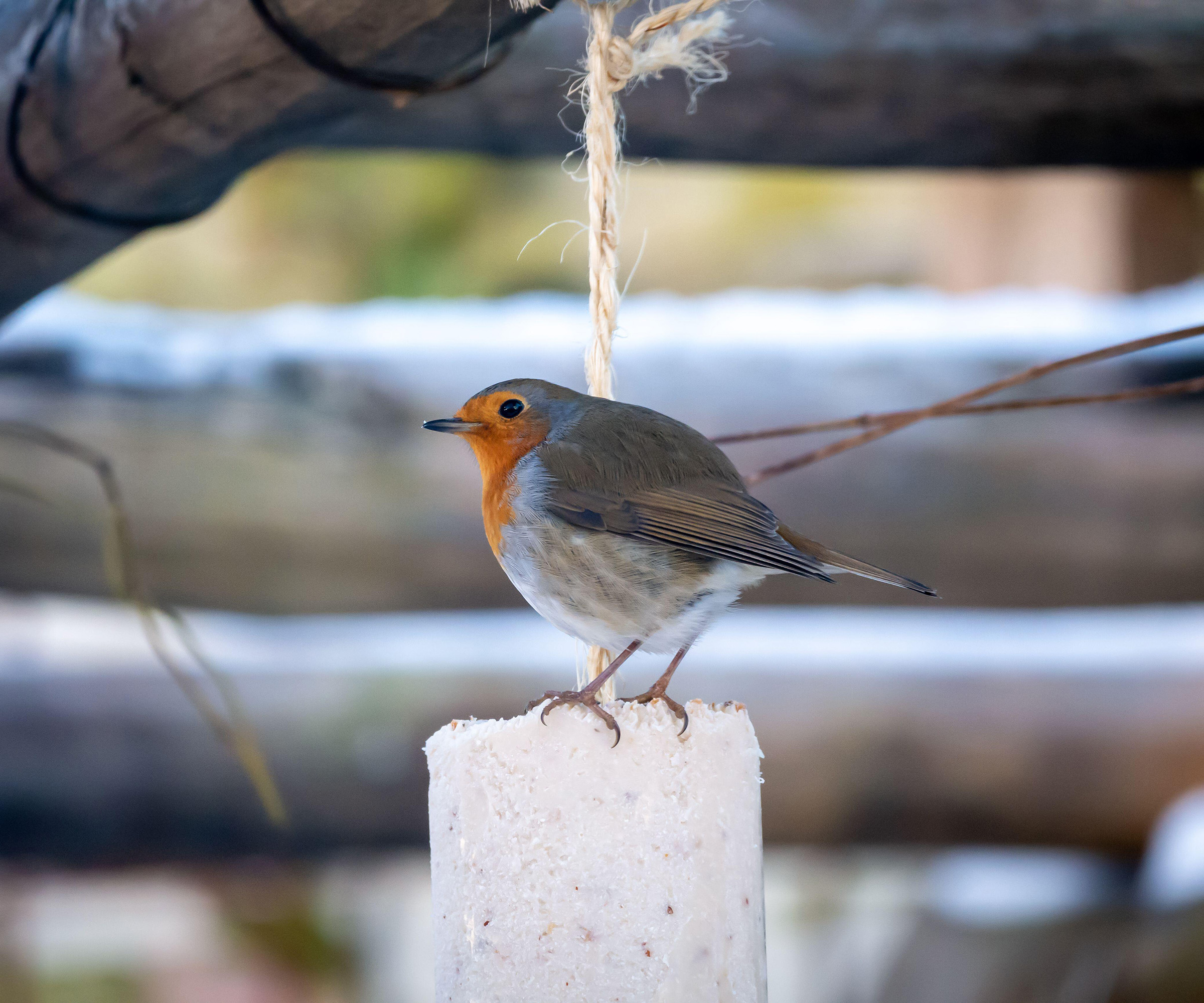
Stick to hard fats for your bird feeders
Hard fats such as lard and suet are full of energy and are particularly good for birds. You can even create natural bird feeders using them as ingredients.
But, runnier fats, like cooking oil and meat drippings, tend to smear once they've set. This smearing can damage the waterproofing and insulating properties of birds' feathers.
Additionally, there can be salt from the cooked meat present in the fat which, as covered above, isn't good for birds. Vegetable oils and butter are also a bad idea for birds for the same reasons.
5. Fruit with seeds and pips
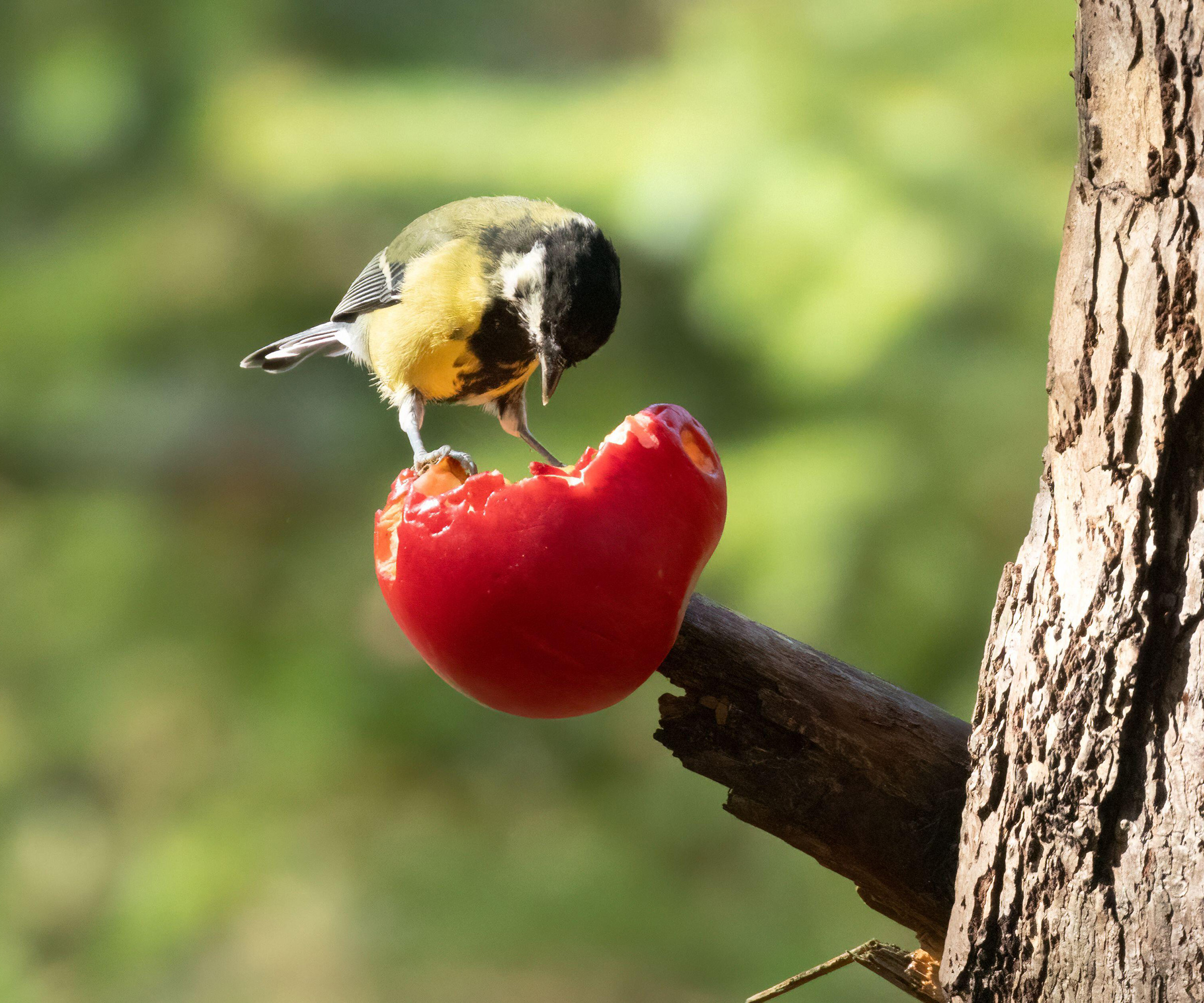
The cyanide present in some fruit seeds and pits is toxic to birds
Although we think of birds and seeds as a match made in heaven, it's actually not the best idea – with some types of seeds, that is. Most fruits are perfectly safe for birds to eat, but there are some with seeds, pips and pits that should be avoided where possible. This is because the seeds contain traces of cyanide, which is toxic to birds.
Remove the seeds of apples and pears before putting them on your bird table (you could try planting the apple seeds if you wish). Pitted fruits like cherries, peaches, plums and apricots should also have their stones removed before being available to birds.
6. Alliums (onion, garlic, scallions)
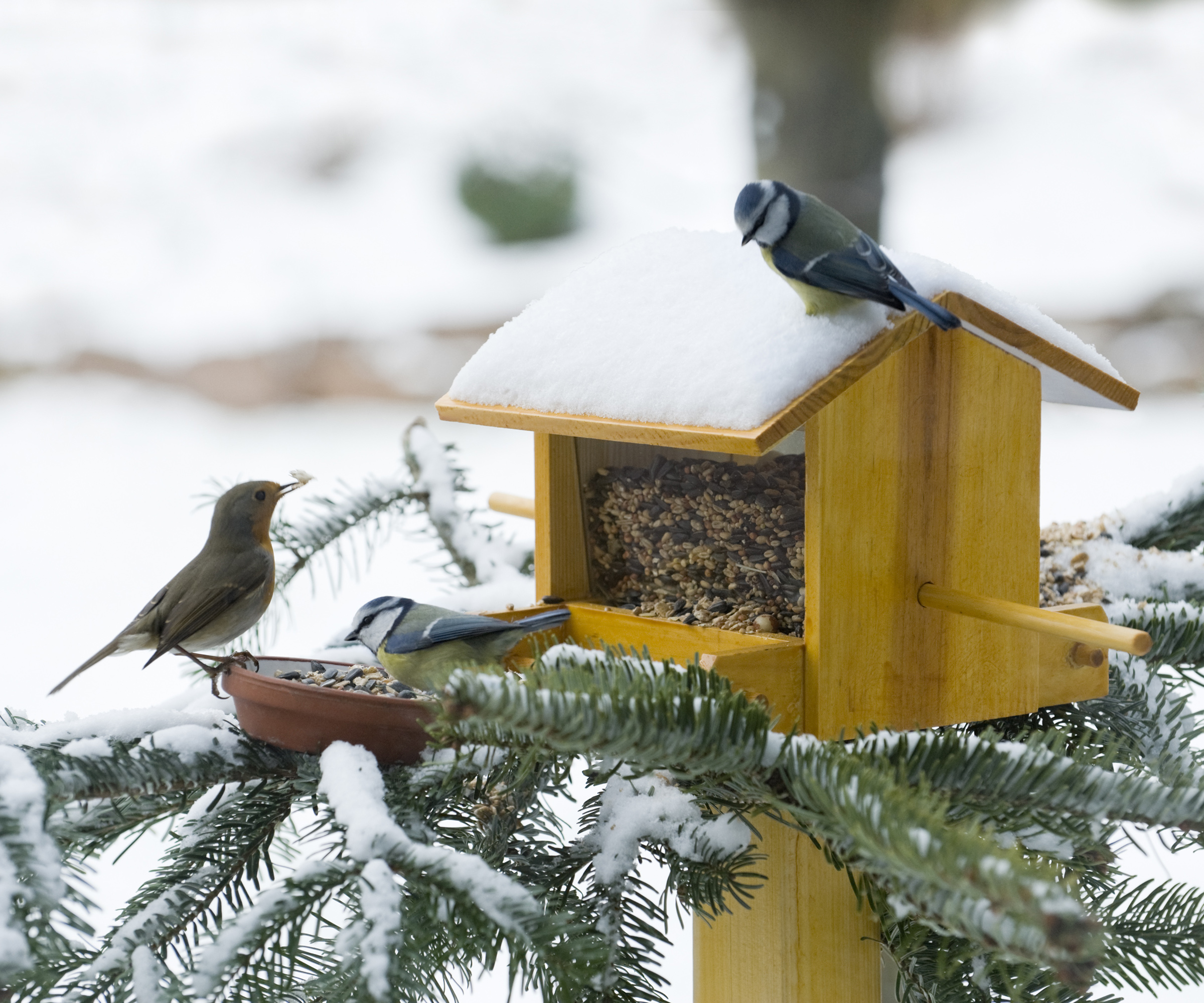
Check your bird food for onions and garlic
Alliums such as onions, garlic, scallions, and leeks are all a problem for birds. Like fruit seeds, these foods can be toxic when ingested in high volumes, causing irritation and even hemolytic anemia in birds.
As it's only the ingesting that is an issue, growing garlic is often used as a bird repellent due to the strong odor it naturally emits. The smell isn't harmful but birds find it unpleasant, meaning they stay away from nearby plants and vegetables.
7. Chocolate
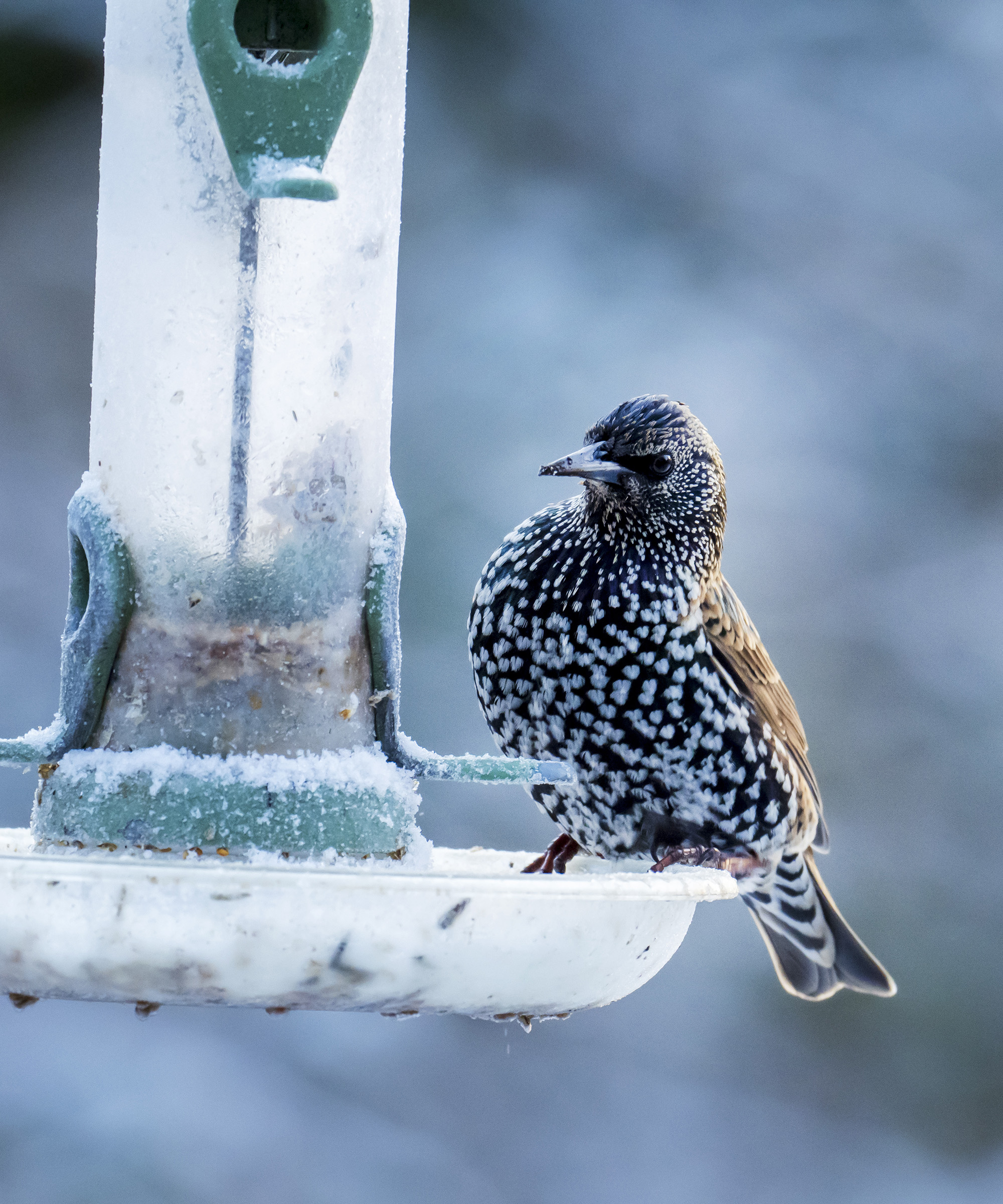
The theobromine in chocolate makes it unsuitable for birds
It may not be on your bird food list, but chocolate is commonly fed to birds – and it shouldn't be. The darker and more bitter the chocolate is, the higher the chances of toxicity for pets and small animals, thanks to the caffeine and theobromine present. This can cause diarrhea, seizures, vomiting and hyperactivity, and in big enough doses, can even cause death.
By association, anything with coffee in it – coffee beans, coffee grounds, tea, caffeinated sodas and coffee-flavored foods – should also be kept away from birds.
8. Cooked oatmeal
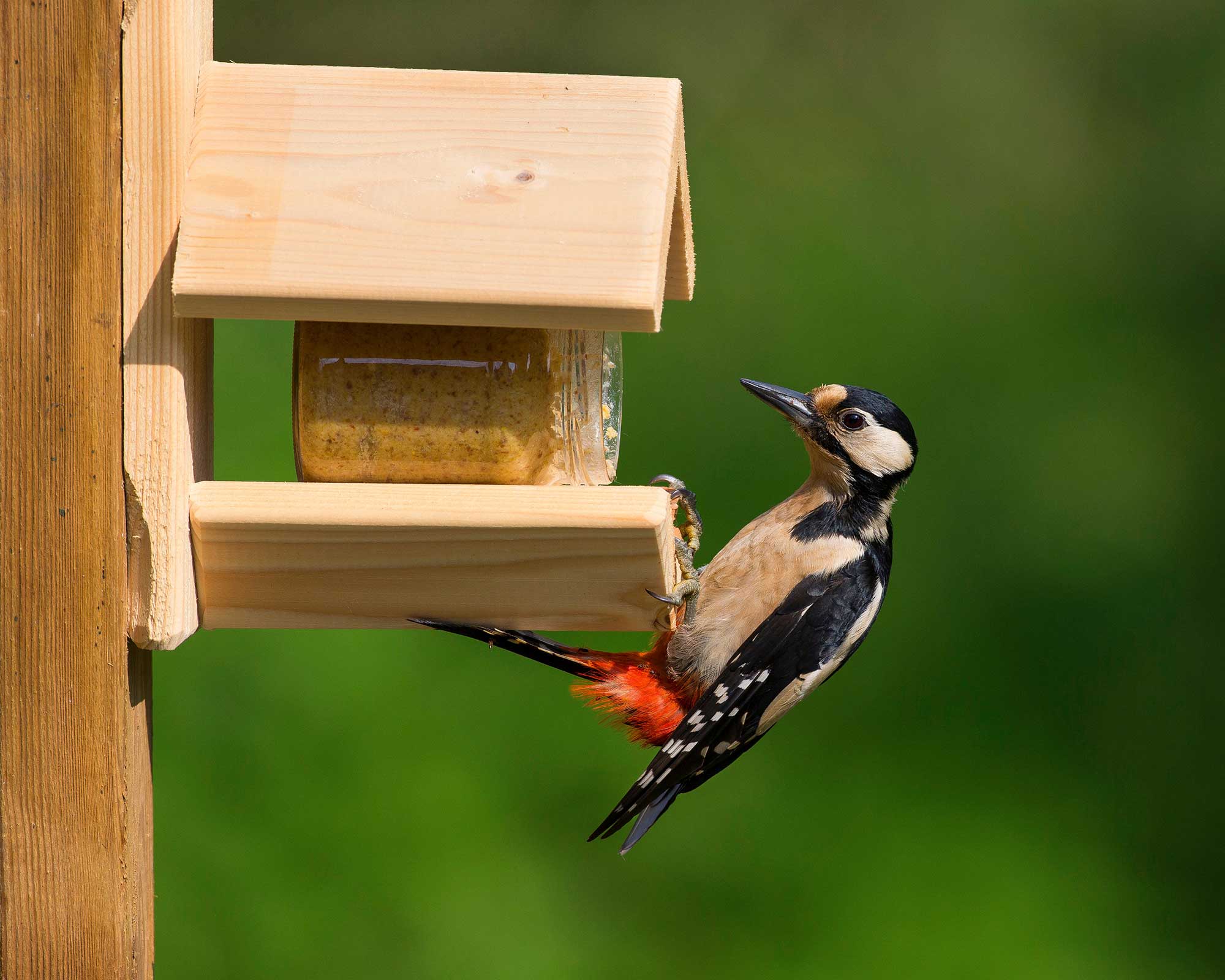
Be careful not to cause problems for birds with cooked oats
It's an easy enough decision to scrape your leftover oatmeal onto the bird table, but the cooking process means oats become sticky and thick. This can easily gum up a bird's beak and cause lots of problems.
In contrast, dried oats are a perfectly acceptable food option for birds.
FAQs
Can I feed oats to birds?
Yes, but make sure the oats are uncooked. Cooked oats are too sticky for birds. 'In my opinion, I would only offer birds small amounts of uncooked oats,' says Alex Van der Walt, wildlife science expert.
Is bread bad for birds?
Though it won't cause any immediate harm to birds Alex Van der Walt, wildlife science expert, tells us that bread is, in fact, not good for birds.
'It doesn’t offer them valuable nutrients that can provide them with the energy they require to go about their daily lives. By them eating bread they essentially fill their belly with food that they are unable to convert into useful energy, so they may lack energy at a later stage in the day to go hunting, foraging, or nesting,' she says

An author for Animals Around The Globe, Alex Van der Walt has a BSc in Animal Science and was a vet student with a lot of experience working closely with animals. She writes articles for those who share a love for wildlife and nature.
Birds really rely on the resources we provide them throughout the year - you can even feed birds potato for extra nutrition. Particularly during winter where natural sources of food and water are scarcer.
Learning how to stop a bird bath from freezing over winter is equally as important as knowing what food to give them to ensure your backyard birds stay healthy in the cold.
Sign up to the Homes & Gardens newsletter
Design expertise in your inbox – from inspiring decorating ideas and beautiful celebrity homes to practical gardening advice and shopping round-ups.

Freelance writer and author Flora Baker is a keen amateur gardener and houseplant enthusiast. Her small garden in South London is a constant work in progress as she gets to grips with snail prevention, DIY trellises and what to plant in shady spots overrun with ivy.
-
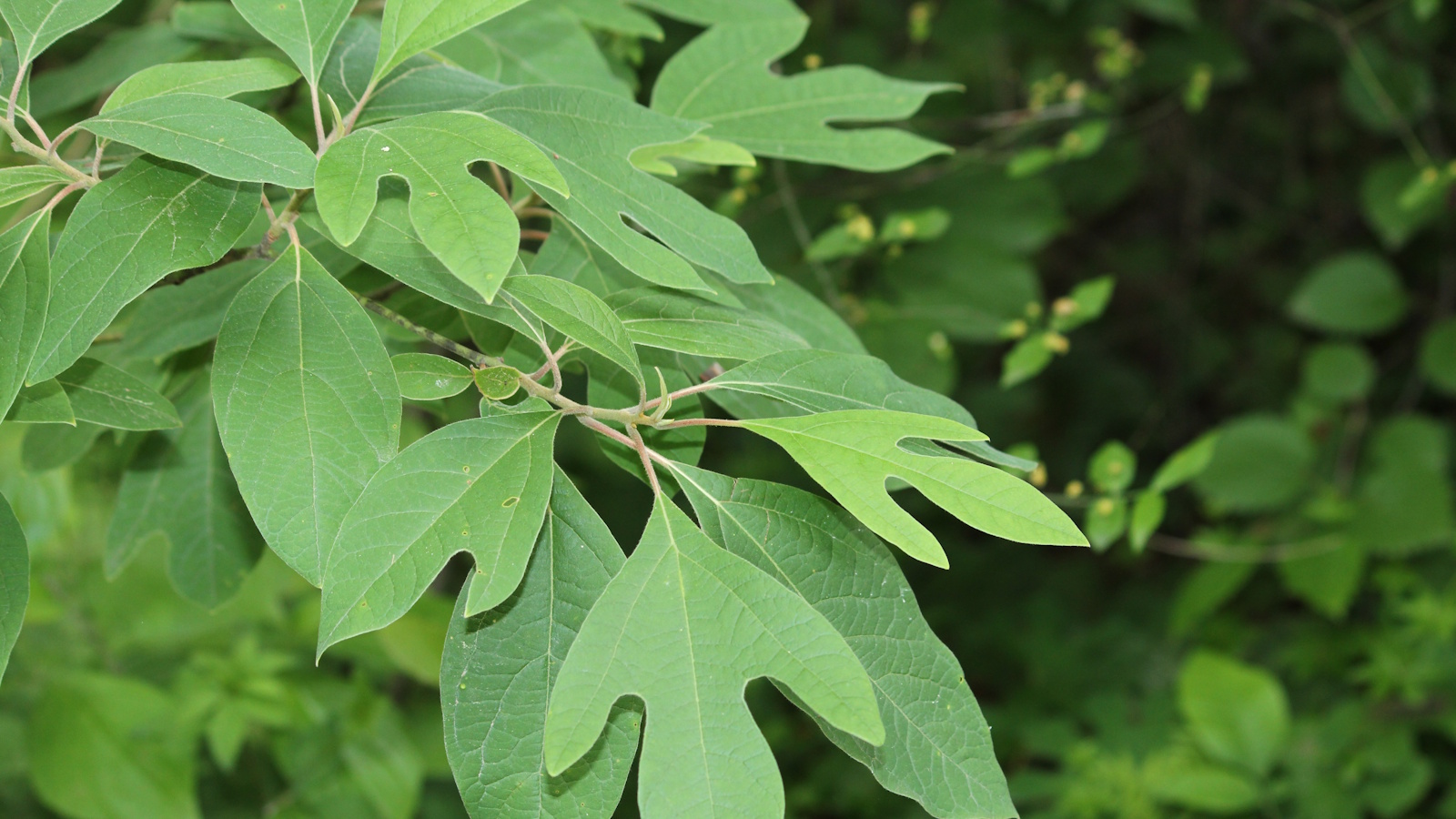 How to grow sassafras – for a low-maintenance native tree that can even be planted in shady yards
How to grow sassafras – for a low-maintenance native tree that can even be planted in shady yardsFor an easy-to-grow North American tree, you will not find much better than sassafras
By Thomas Rutter
-
 'Big results before you know it' – Experts urge you to use the ‘Take Away 10’ method for simple decluttering with zero decision fatigue
'Big results before you know it' – Experts urge you to use the ‘Take Away 10’ method for simple decluttering with zero decision fatigueIt can cut hundreds of items from your home in just a few weeks
By Ottilie Blackhall
